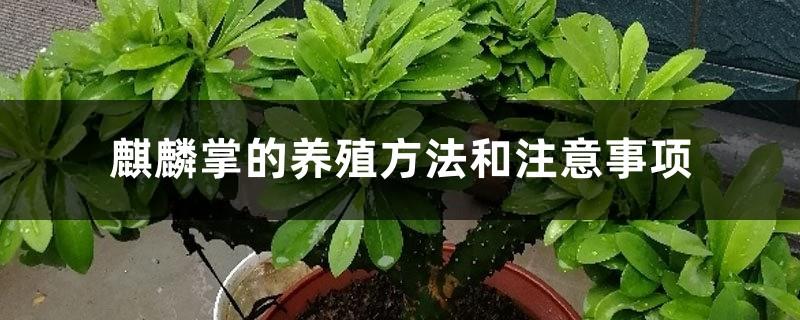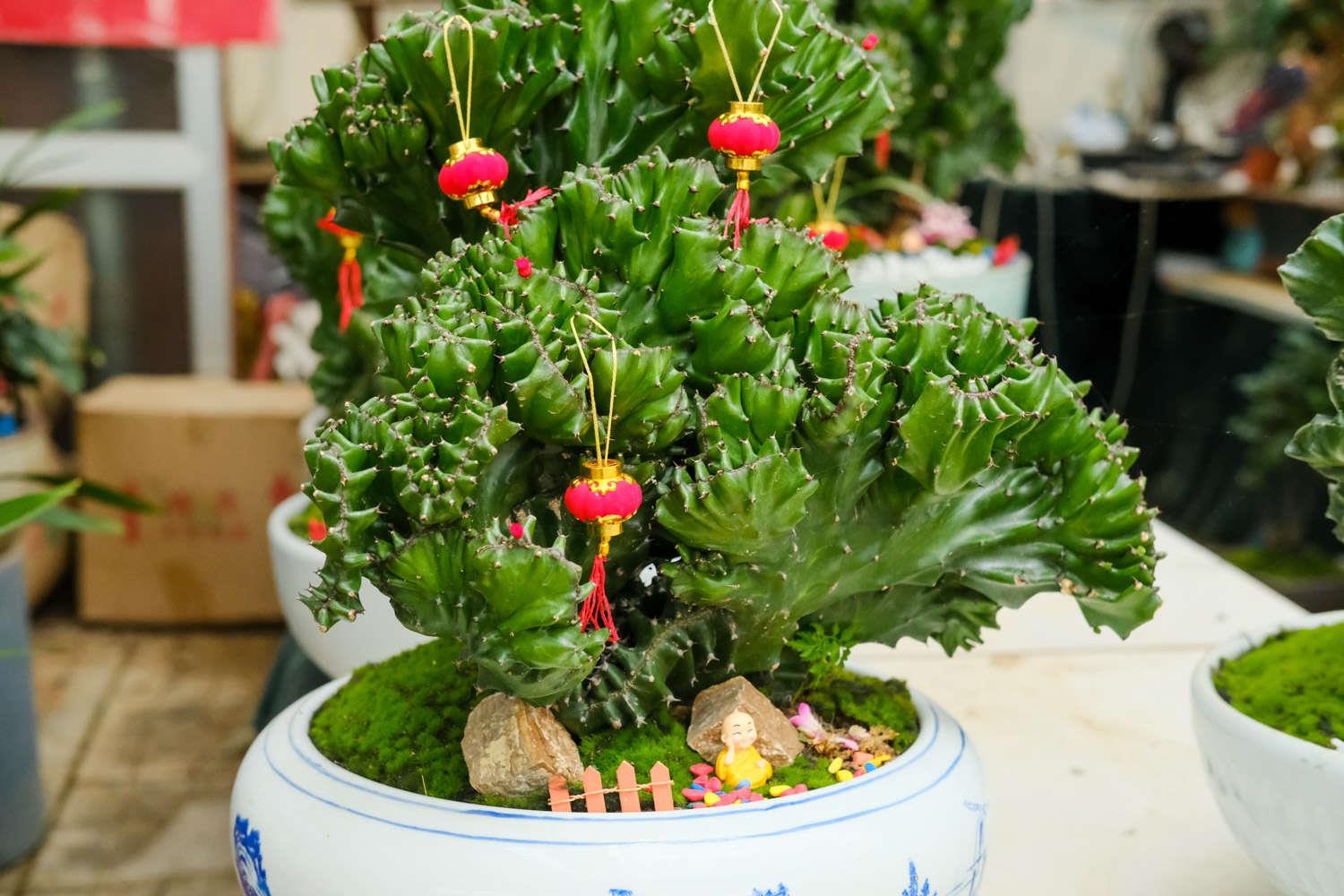How to breed Kirin Palm and what you need to pay attention to
Last Update :2024.11.04
Article Catalog
Basic requirements for unicorn palm care
Precautions for unicorn palm breeding
To cultivate Unicorn Palm, you need to choose sandy soil with good drainage, sufficient light, and keep it at 22℃--28℃. When watering, it should be neither dry nor too much. When fertilizing, it is better to use less than too much fertilizer. After changing the pot in spring, place it indoors for 10 About a day or so; after the atavism, remove the columnar stems and bask in the sun to relieve the symptoms. For propagation by cuttings, cut the abnormal stems and insert them into the stems 3-4 cm deep with sand sprinkled after the wounds are dry.

Basic requirements for unicorn palm care
Basic requirements for unicorn palm care
Light
The unicorn palm is native to dry, hot and sunny places. Obviously, it is full of love for light. Ensure sufficient sunlight during the growth period of spring and autumn, and it is best not to keep it indoors for long periods of time. Although it likes light, it is afraid of being exposed to strong light. In summer, it needs to be properly shaded, otherwise the leaves will turn yellow and become unsightly. Although it enters the dormant period in winter, it still needs sunlight. After all, basic life activities are inseparable from photosynthesis.
Temperature
The most suitable temperature for growth is 22℃--28℃. In summer, it will enter dormancy when the temperature reaches 35℃. Kirin Palm is not cold-tolerant, so it is usually moved indoors before the first cold wave comes before the frost. In winter, the room temperature should be kept above 15°C to ensure that the leaves do not fall off. As long as the temperature is above 7°C, it will be fine. Have a safe winter.
Facing these weird ways of growing flowers, I can only be dumbfounded

To be honest, Huahua used to think that growing flowers did not require soil. In f...
How to identify red iron trees

Leaves: gathered at the upper ends of branches or stems, oblong to oblong-lanceola...
